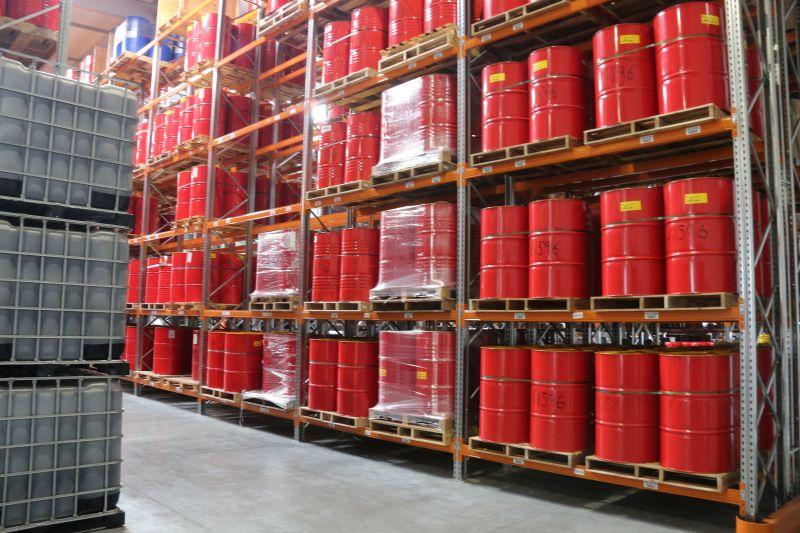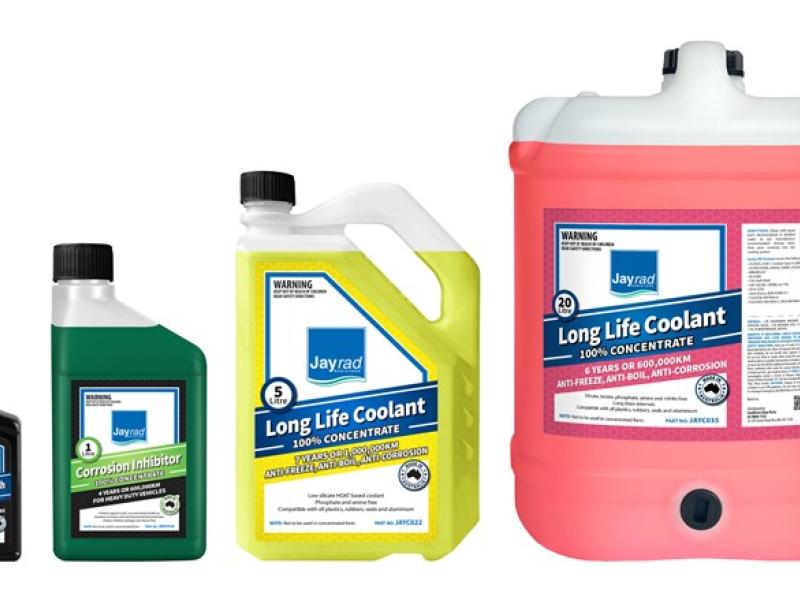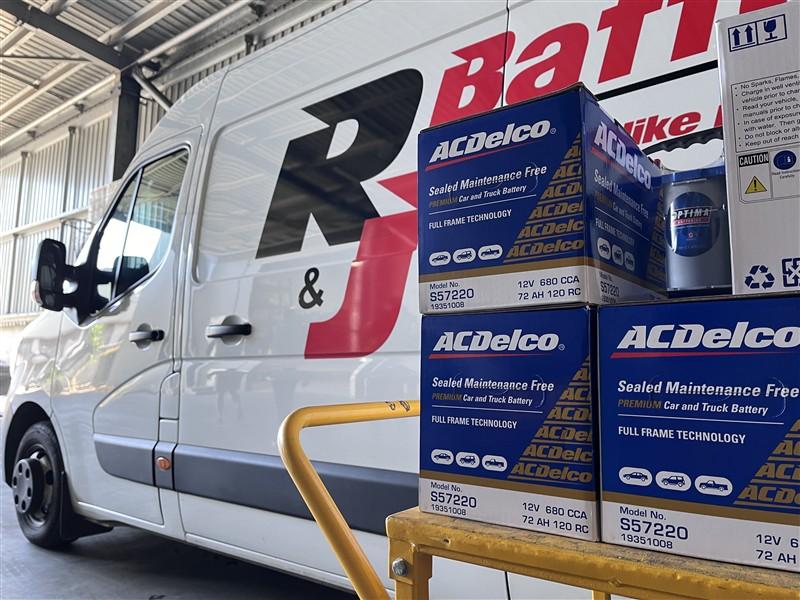When choosing a suitable engine oil supplier for your workshop, you’re not just buying oil – you’re choosing a partner that affects your business’s reputation, profitability, and efficiency. Here’s some areas to consider:
1. Product quality and range
• Check that their product has suitable OEM approvals and certifications: Look for suppliers whose oils meet or exceed appropriate industry standards and are approved by major car manufacturers (e.g. VW, Toyota, Honda etc.).
• Do they offer a full product line to meet your needs, so you only need one supplier – mineral, synthetic, semi-synthetic, diesel-specific, high-mileage oils, and specialty fluids (transmission, brake, gear oils). Do you want bulk oil or packaged oil?
• What is the brand reputation: Well-known brands it is a given, with lesser-known ones what is the trade off – you may also want to consider having one high end and one regular brand for customers with different needs/price points. Some suppliers can offer multiple brands
2. Pricing and terms
• Competitive pricing: Balance cost with quality. Low prices are tempting, but not if quality or reliability suffers.
• Volume discounts: If applicable.
• Credit terms: Favourable payment terms help your cash flow.
3. Logistics and reliability
• Delivery schedules: Regular, reliable delivery is crucial – delays cost time and customer trust.
• Minimum order quantities: Watch for flexible policies that don’t tie up too much capital or space.
4. Technical support
• Access to experts and information: A good supplier can provide access to technical reps and comprehensive product data.
• Oil recommendation tools : These are handy to help ensure you’re always using the right product for the right application.
5. Training and marketing support
• Staff training: Some suppliers offer training or training materials on oil specs and sales.
• Point-of-sale materials: Posters, banners, and customer education brochures can boost sales and confidence.
6. Sustainability and waste management
• Used oil collection: Does the supplier offer or connect you with a compliant waste oil collection service?
• Eco-friendly options: Offering bio-based or low-emission oils can set you apart in a changing market.
7. References and reviews
• Check reputation: Ask fellow workshops who they use and if they’re happy.
• Trial: start with a small order and evaluate service before locking into a long-term deal.
A supplier that understands your workshop, local customer expectations, and technical demands is a long-term asset – not just a vendor. Don’t be afraid to ask questions or compare several suppliers before deciding.






